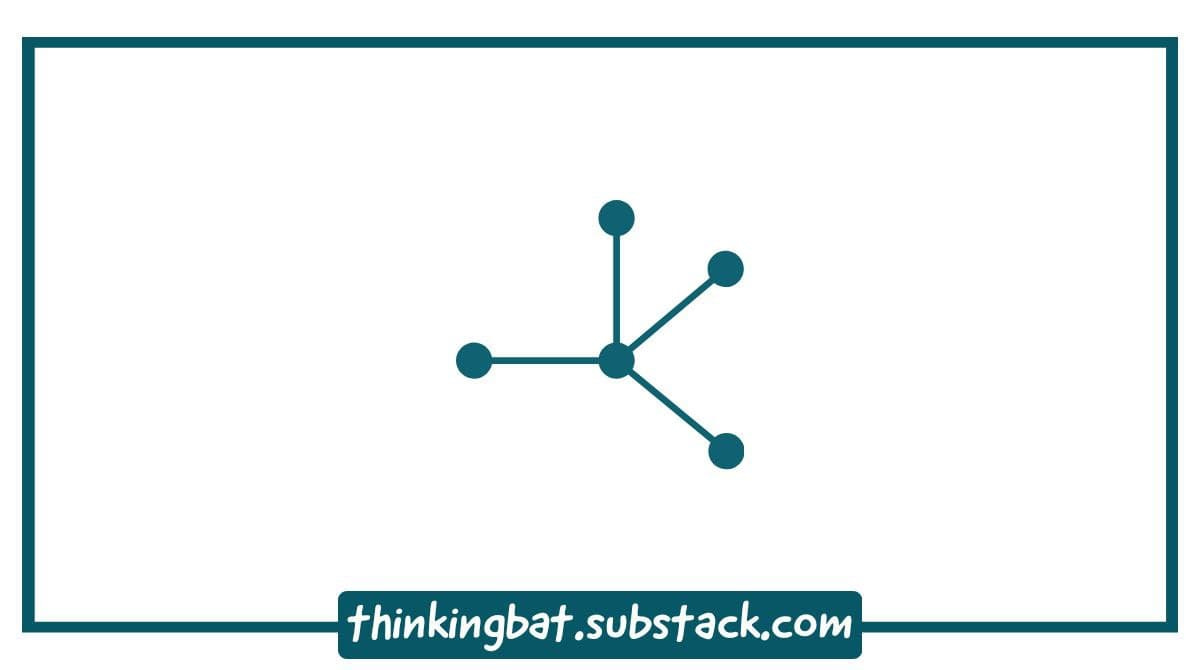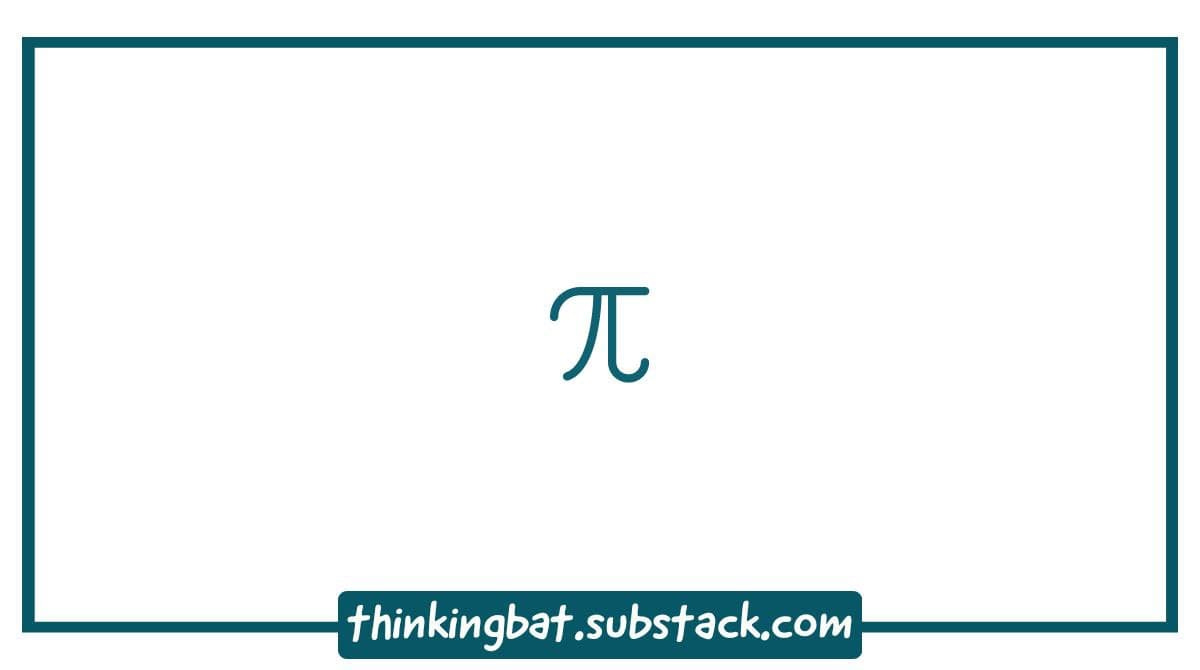Mental Model: Occam's Razor
The simplest decision making tool
Bill is a fourteen-year-old science enthusiastic kid who participates in a Science Quiz. He notices that the chief guest in the competition, who is also a NASA scientist, has an oddly shaped nose and a pair of wide eyes and needlelike eyebrows. His face reminded Bill of the Alien Villain in the sci-fi horror movie he watched last night with his dad.
He revisits his notes of all the quirky Science facts before the quiz. The competition is commenced after the Principal's speech. After an hour of intellectual battle, the results get announced, the winners are declared, Bill stood first and received a Medal from the chief guest himself. Bill was happy.
He came home and told his father about the questions asked in the quiz. His father was proud of him. He was still thinking about the chief guest’s face but, for some reason, decided not to talk about it. He left the medal on his bookstand and went to bed.
Somewhere around 2 a.m. Bill felt a pull on his leg. He woke up. There was nobody. The room was empty. But he saw something strange—his medal was glowing, emitting a neon-green light. Bill’s suspicion grew stronger.
Bill went back to his bed. With his eyes closed and face toward the ceiling, he started considering the possibility of the chief guest being an alien. Jumping from one weird idea to another, Bill weaved an entire story involving his father to be an undercover alien hunter and the medal to be a GPS device. He opened his eyes, and the stars and planets of his glow-in-dark sticker were in front of him. At that moment, he realized what a fool he was to come up with a story like that. Bill chuckled into the emptiness of his room and went back to sleep.
What’s the catch here?
The catch is that Bill’s weird story is not an impossible situation. It is possible that the medal isn’t just a simple glow-in-dark toy but an actual GPS device. Yet, Bill chose to believe the former explanation—the medal being a glow-in-dark toy. What would you do if provided with both explanations? Which one’s more likely to be true?
I don’t know about you, but if I were in Bill’s place I would definitely choose the glow-in-dark explanation rather than assuming the scientist being an alien and my father being an inter-dimensional bounty hunter.
But why is that? This is what Occam’s Razor tries to explain.
The rational importance of simple answers
Before understanding the logical beauty of simplicity, let us understand what Occam’s Razor has to say.
Occam’s Razor is a problem-solving principle that asserts that the simplest explanation is usually the right one. That is, if you have two or more hypothesis which equally describes a phenomenon you are studying then you should choose the simple one.
But what qualifies as a simple hypothesis? The answer is simple. An explanation is simple if it involves fewer entities and assumptions.
Let’s try to fit our story in Occam’s Razor. The former explanation that Bill’s wild mind fabricated was less convincing because it had too many entities—his father, the medal, and the chief guest—and too many assumptions—his father being an alien hunter, the chief guest being an alien, and the medal to be a high-tech GPS device.
When there is too much to assume, there is too little to believe.
The more you leave things to assumptions, the more you are fooling yourself. Right answers come from ideas that you can believe with a significant amount of certainty.
On the other hand, the explanation of the medal being made of a glow-in-dark material has fewer entities (the medal only) and fewer assumptions (technically zero).
Simple answers are simple because their explanations are backed by proven facts or assumptions that we strongly believe to be true.
Every time you are forced to choose between a multitude of explanations in your life, analyze all of them carefully, and pick the one that leaves the least to assumptions. The beauty of Occam’s Razor is that it helps you to exploit your ignorance for making wise decisions.
I appreciate your patience and dedication to read this essay. I am glad you made it through the end. Be proud of yourself, because today you have acquired a mental model that will help you make better decisions in your life.
I have been running this newsletter for the last seven months, sharing the bits and pieces of my intellect with thousands of readers every month.
More than having a large audience, I want a sustainable group of the right people. People who get something out of these weekly essays. If you know someone who fits the bill, feel free to share my work with them. If you are new here and like what you just read, then by all means subscribe.
Thank you.







I'm 22 years old and have firmly believed in simplicity being the highest virtue. I've read a quote somewhere which has stuck to me, it goes like - If you can't explain it to a child, you don't really understand it yourself. When you're answers are simple your reasoning, behind the curtain, is pretty strong, I've always assumed.